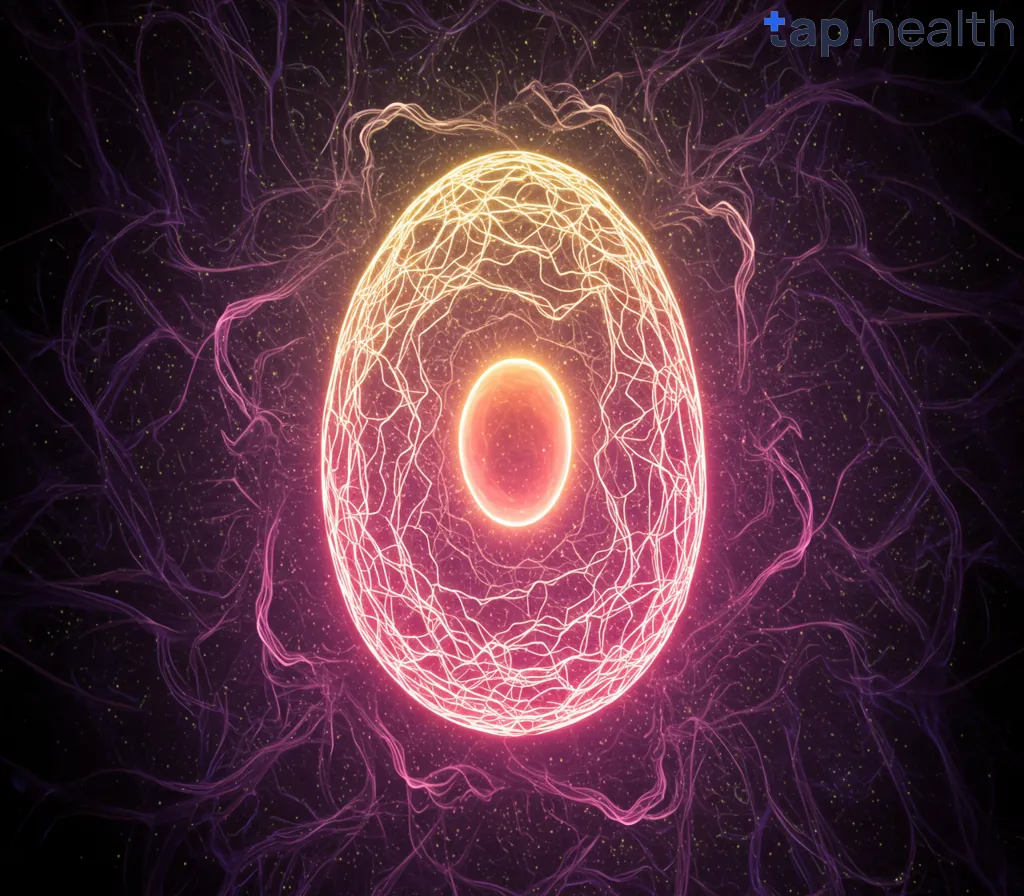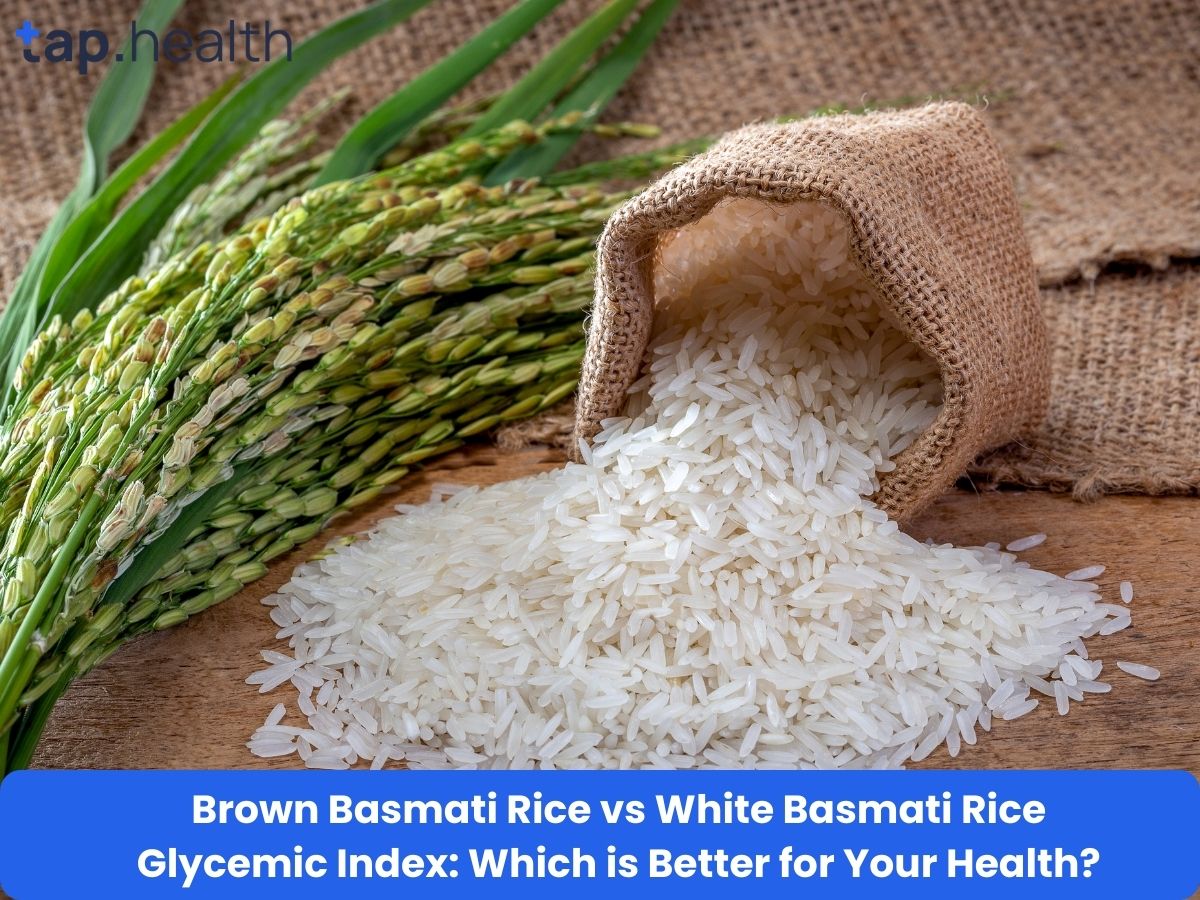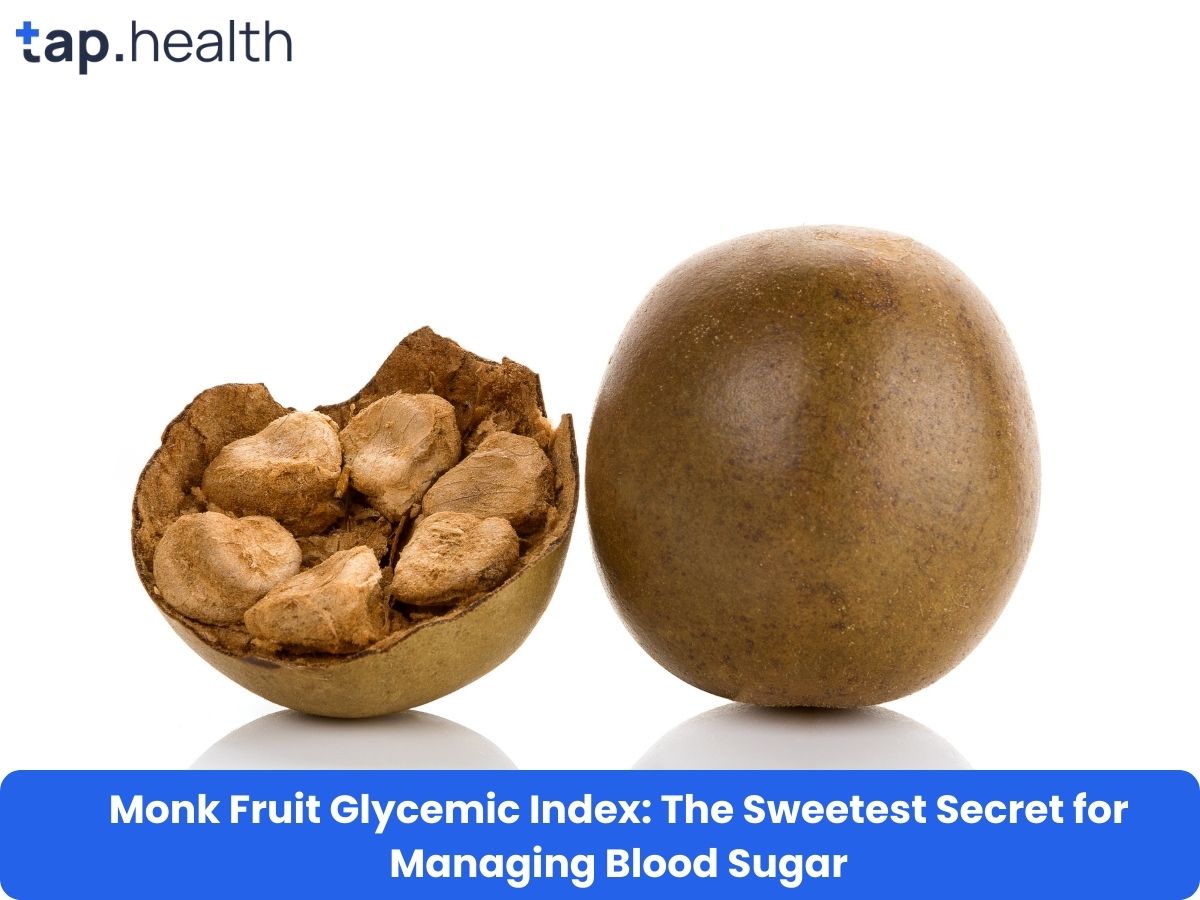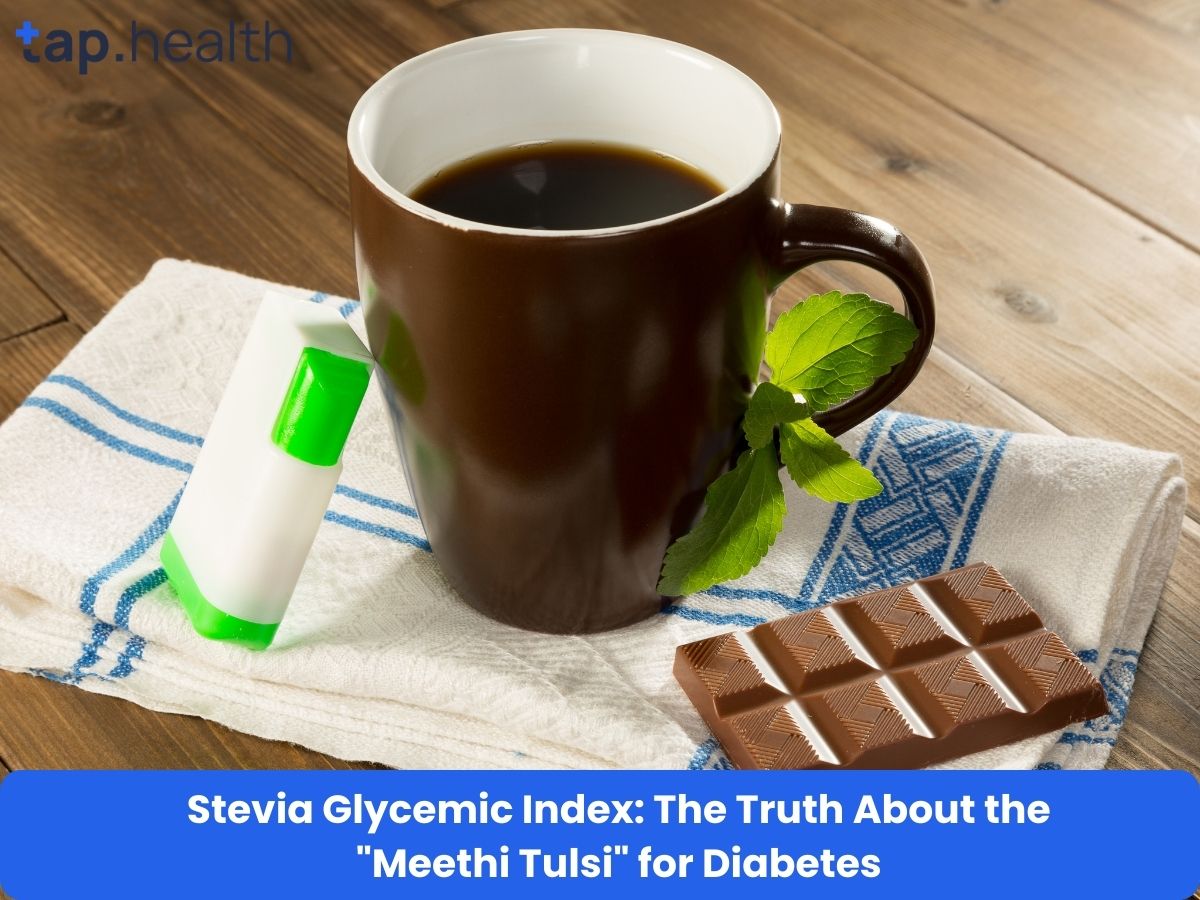When trying to conceive, one of the most important factors to consider is fertility. Many people wonder if high fertility means that pregnancy is inevitable or if it simply increases the chances of conception. If you are trying to get pregnant or curious about your fertility, understanding how high fertility relates to pregnancy is essential.
In this article, we will explore the concept of high fertility, how it influences pregnancy chances, and why it doesn’t necessarily mean pregnancy will happen right away. We’ll answer common questions about fertility, ovulation, and pregnancy, helping you understand what high fertility really means.
What Does High Fertility Mean?
High fertility refers to the days in a woman’s menstrual cycle when she is most likely to conceive. This period of high fertility coincides with ovulation, when an egg is released from the ovary and can be fertilized by sperm. Understanding your fertility window can help increase your chances of pregnancy, but high fertility doesn’t guarantee pregnancy.
The Fertility Cycle
A typical menstrual cycle lasts about 28 days, but cycles can vary from person to person. The menstrual cycle has several phases:
- Menstrual Phase (Days 1-5): This is when menstruation (your period) occurs.
- Follicular Phase (Days 1-13): During this phase, the body prepares for ovulation by developing an egg.
- Ovulation (Day 14): This is when the egg is released from the ovary, marking the most fertile period of the cycle.
- Luteal Phase (Days 15-28): After ovulation, the body prepares for pregnancy. If the egg is not fertilized, the lining of the uterus sheds, leading to menstruation.
High fertility is associated with the days leading up to and including ovulation, which typically happens around day 14 of a 28-day cycle. These are the days when the chances of pregnancy are highest if you have unprotected sex.
Why High Fertility Doesn’t Always Mean Pregnancy
While high fertility increases the chances of pregnancy, it does not guarantee that pregnancy will occur. Several factors influence whether conception takes place, including:
- Timing of Intercourse: Having unprotected sex during your most fertile days increases the likelihood of pregnancy, but sperm can live in the female reproductive tract for up to five days, so intercourse before ovulation can still lead to conception.
- Egg Quality and Health: Even if you have high fertility, the health of the egg plays a critical role in whether it can be fertilized and implanted.
- Sperm Quality: The health and count of sperm are also important in achieving pregnancy. Even with high fertility, poor sperm quality or low sperm count can make conception difficult.
- Hormonal Imbalances: If you have hormonal imbalances or conditions such as PCOS (polycystic ovary syndrome), it might still be difficult to conceive even if you are ovulating.
Does High Fertility Mean Pregnancy Is Imminent?
High fertility means that the chances of getting pregnant are significantly higher, but it doesn’t guarantee pregnancy right away. Here are some reasons why pregnancy might not happen even during your most fertile days:
- Timing of Ovulation: If ovulation occurs later or earlier than expected, it may not align with when you have sex.
- Sperm and Egg Factors: Even with perfect timing, sperm might not fertilize the egg, or the fertilized egg may not successfully implant in the uterus.
- Stress or Lifestyle Factors: External factors such as stress, weight changes, diet, or illness can affect both fertility and pregnancy chances.
- Age: As women age, fertility naturally declines, which can affect the likelihood of pregnancy, even during high fertility days.
How to Identify High Fertility Days
Tracking your cycle and understanding when you are most fertile can increase your chances of conceiving. Here are some methods to identify your high fertility days:
1. Basal Body Temperature (BBT) Charting
Your basal body temperature is your body’s temperature when you first wake up, and it slightly rises after ovulation due to hormonal changes. By tracking your BBT daily, you can identify when ovulation has occurred. While this method helps track fertility retrospectively, it does not predict the exact day of ovulation.
2. Ovulation Predictor Kits (OPKs)
Ovulation predictor kits detect a surge in luteinizing hormone (LH), which occurs 12-36 hours before ovulation. By using an OPK, you can predict your most fertile days. This method is one of the most reliable for identifying your high fertility window.
3. Cervical Mucus Changes
Your cervical mucus changes throughout your cycle. Around ovulation, cervical mucus becomes clear and slippery, resembling egg whites. This type of mucus helps sperm swim toward the egg, and its presence signals high fertility.
4. Calendar Method
The calendar method involves tracking your menstrual cycle for several months to estimate when you are most likely to ovulate. While this method can be helpful for women with regular cycles, it’s less reliable for those with irregular cycles.
5. Physical Symptoms
Some women experience physical signs of ovulation, such as mild pelvic pain, breast tenderness, or a slight increase in libido. These can be signs that you are in your high fertility period.
When Is the Best Time to Try for a Baby?
If you’re trying to conceive, it’s important to time intercourse during your fertile window, which is typically the five days leading up to ovulation and the day of ovulation itself. This period offers the best chances of pregnancy.
Here’s a simple breakdown:
- 5 days before ovulation: Sperm can live for up to 5 days in the female reproductive tract, so having sex during this time can still result in conception.
- Day of ovulation: This is the day when the egg is released, and it’s the most fertile day of your cycle.
- Post-ovulation: After ovulation, the egg is viable for about 12-24 hours. If it’s not fertilized during this time, pregnancy won’t occur.
Using fertility tracking methods can help you pinpoint your fertile window, making it easier to time intercourse for the best chances of pregnancy.
Can High Fertility Days Be Linked to Other Pregnancy Signs?
Some people may wonder if high fertility days are linked to other signs of pregnancy, such as early pregnancy symptoms. While there is no direct link, certain symptoms can overlap between high fertility and early pregnancy.
1. Increased Cervical Mucus
Both ovulation and early pregnancy can cause an increase in cervical mucus. During ovulation, the mucus becomes clear and stretchy, while during early pregnancy, some women may experience increased discharge due to hormonal changes.
2. Fatigue
Fatigue can be a common symptom of both high fertility and early pregnancy. However, fatigue during high fertility is often linked to hormonal fluctuations, while in pregnancy, it’s usually more pronounced.
3. Nausea and Morning Sickness
Morning sickness is more commonly associated with pregnancy, but some women might feel slightly nauseous during ovulation due to hormone changes. If nausea persists after ovulation and doesn’t go away, it could be a sign of pregnancy.
4. Breast Sensitivity
Breast tenderness or sensitivity is common during high fertility and early pregnancy. In high fertility, it’s typically temporary and linked to hormonal changes. In pregnancy, it can be more prolonged and due to increased blood flow to the breasts.
Can High Fertility Days Lead to Twins?
High fertility days increase your chances of conceiving, but they do not directly affect the likelihood of having twins. However, certain factors can influence the chances of conceiving multiples:
- Family History: Women with a family history of twins, especially on the mother’s side, may have a higher chance of having twins.
- Age: Women over 30, particularly those in their late 30s, are more likely to release more than one egg during ovulation, increasing the chances of fraternal twins.
- Fertility Treatments: Women undergoing fertility treatments like Clomid or IVF may have a higher chance of having twins or multiples.
While high fertility days may increase the chances of pregnancy, the likelihood of having twins is more closely linked to other factors.
FAQ Section
1. Does high fertility mean pregnancy is guaranteed?
No, high fertility increases the chances of pregnancy, but it does not guarantee it. Several factors, such as sperm quality, egg health, and timing, play a role in whether pregnancy occurs.
2. What is the best time to try for a baby?
The best time to try for a baby is during your fertile window, which is the five days leading up to ovulation and the day of ovulation itself.
3. Can you have high fertility and not get pregnant?
Yes, it’s possible to have high fertility and not get pregnant. Factors such as egg quality, sperm quality, and timing can affect conception.
4. How long after ovulation can you get pregnant?
After ovulation, the egg is viable for about 12-24 hours. If it is not fertilized within this time, pregnancy cannot occur.
5. Can high fertility days cause twins?
High fertility days do not directly increase the chances of twins. However, factors like family history, age, and fertility treatments can influence the likelihood of having twins.
In conclusion, high fertility means that your chances of becoming pregnant are higher, but it doesn’t guarantee pregnancy. The best way to increase your chances of conceiving is by tracking your fertility cycle and timing intercourse around your most fertile days. While heartburn, ovulation symptoms, and other factors may overlap with early pregnancy signs, they do not directly cause pregnancy or determine if you will have twins. Understanding your fertility and recognizing the signs of ovulation can help you better plan for pregnancy. If you’re trying to conceive and have concerns, it’s always a good idea to consult a healthcare provider for personalized guidance.



